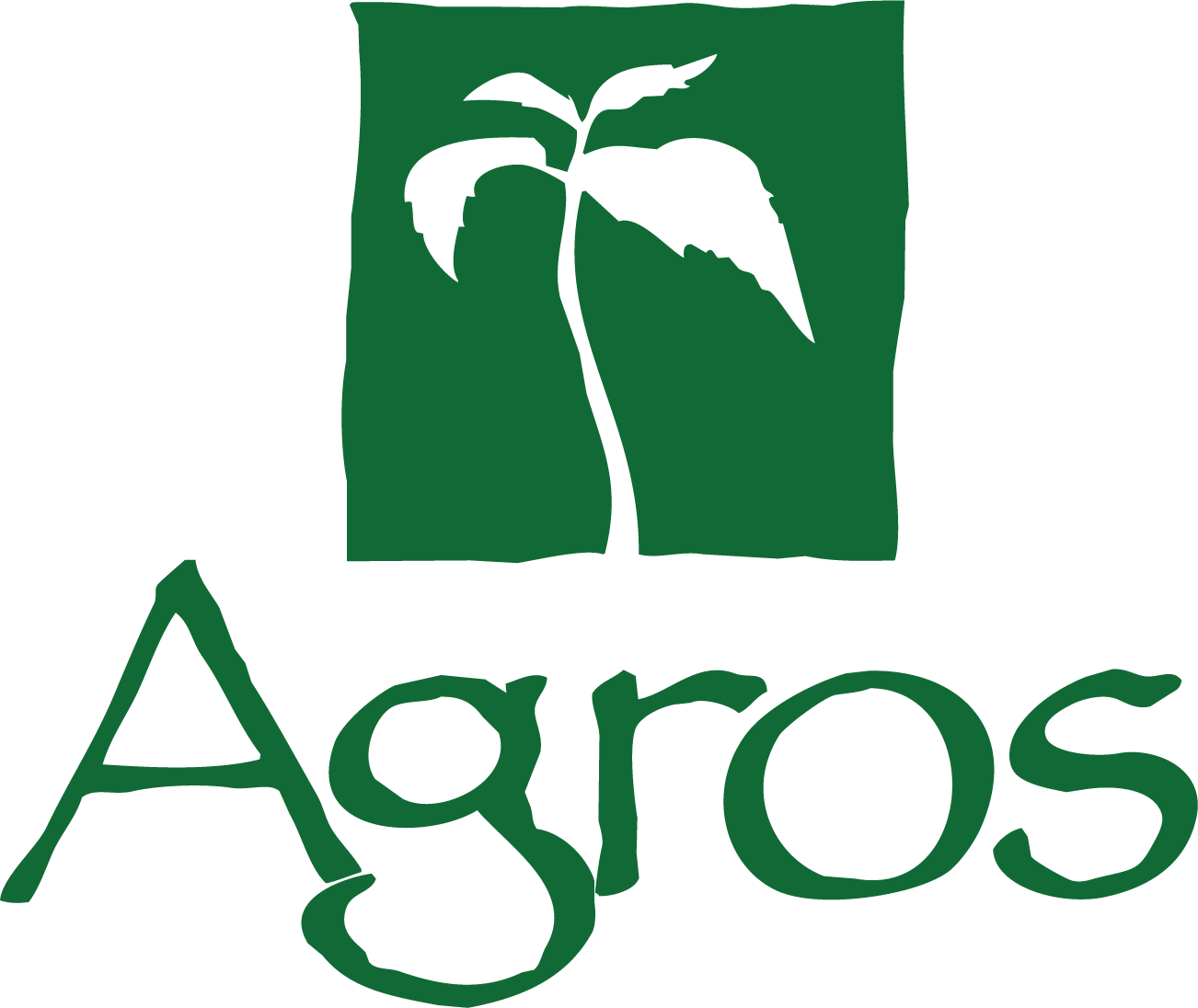


We are so grateful to Rick Steves & his organization “Rick Steves Europe” for continuing to commit to climate-smart practices around the globe. In 2019, his documentary “Hunger and Hope” was released. For those of you unfamiliar, you can find that documentary here.
In late 2019, Rick Steves’ Europe launched their Climate Smart Commitment — a program designed to pay back the environmental debt created by their travelers flying to Europe to join their bus tours. At $30 per person for the 30,000+ travelers, they invested $1 million in a self-imposed carbon tax to creatively mitigate this carbon footprint.
Additionally, they selected a portfolio of 11 nonprofit organizations with missions that fit theit goal, giving each between $50,000 and $200,000. Agros was honored to be one of the nonprofits selected!
The donation helped Agros provide 97 subsistence farmers in the village of Matagalpa, Nicaragua, with training on climate-smart agriculture practices. Since the start of the project, 63 of those families have shifted the way they see agriculture production, increased their crop yields and household incomes, decreased their use of chemical fertilizers and pesticides, and adopted water-conserving irrigation systems.
Rick Steves’ Europe interviewed Agros President, Alberto Solano, and below is the full transcript, originally published here.
Since 1984, Agros International has worked to help rural farmers in Latin America break the cycle of poverty and find long-term prosperity. In recent years, climate change has added an additional challenge to that mission, with families both struggling to adapt to the effects of climate change and continuing farming practices that contribute to it.
We spoke with Agros President and Executive Director Alberto Solano on how, with help from a Climate Smart Commitment grant, Agros is helping farmers adapt to — and fight — climate change…
Agros breaks the cycle of poverty and creates paths to prosperity for farming families in rural Latin America. We advance a holistic model of economic and social development through four key opportunity areas: land ownership, market-led agriculture, financial empowerment, and health and well-being. To date, Agros has established 44 rural communities in El Salvador, Guatemala, Honduras, Mexico, and Nicaragua and has transferred ownership of more than 7,300 acres of land to previously landless families.
We’ve all seen the effects of climate change — extreme winter storms, a growing number of wildfires, longer and harsher hurricane seasons. However, what many of us don’t see is that climate change affects different groups of people differently. It’s typically the world’s most vulnerable populations that bear the brunt of climate change.
The easiest way to illustrate this inequity is to think about rising temperatures…in Seattle last summer, we had an unusually warm summer. Most of us were lucky enough to simply turn up the air conditioning and go about our normal lives. On the other hand, for rural indigenous farmers in Guatemala, a hot summer might mean more challenging farming conditions. Sometimes those conditions are so challenging it’s impossible to subsist — leaving families to make the terrible decision between facing starvation conditions and migration.
For over three decades, Agros has been called to walk alongside farming families in rural Latin America as they journey out of poverty and toward prosperity. Climate change is a profound new challenge in that equation. It has a new, daily, life-changing, negative impact on the families we serve, and we dedicate ourselves to helping those families build lives of dignity and prosperity — no matter what challenge lies ahead.
Families who join Agros’ programs are, at the outset, living in extreme, rural poverty and are dependent on subsistence agriculture or day labor jobs as their main way of living. At Agros, we provide these families with the opportunity to become landowners, to build a dignified home, to have access to healthcare and education, and to start agricultural businesses to sustain themselves.
We know that subsistence farming practices can include poverty as well as environmentally damaging methods such as slash and burn and natural resource depredation. In our agricultural work, we’ve demonstrated that the most holistic solution to the intertwined challenges of poverty and climate change requires implementing sustainable, climate-smart agricultural practices. When we help farmers acquire the supplies, infrastructure, technology, and knowledge needed to improve their farming methods, they’re able to grow more and earn more — while mitigating the effects of climate change. It’s a win-win-win.
We have an excellent track record, introducing climate-smart and best agricultural practices and ethical certification programs; removing the middleman; and adding value to raw production to create strong market linkages between rural communities and private businesses while protecting our environmental future.
Agros and Rick Steves’ Europe share the belief that sustainable, climate-smart agribusinesses are the key to helping Central American farmers exit poverty permanently. In Nicaragua, thanks to Rick Steves’ Climate Smart Commitment grant, we are establishing a Climate Smart Agribusiness Center, which will train hundreds of farming families in innovative farming practices, helping them to produce more food, generate more income, and mitigate their contributions to climate change.
One of the innovations of the Climate Smart Agribusiness Center is hydroponic production. Water is used instead of soil with a much higher yield per square foot, resulting in quadruple the number of harvests per year and a reduction in the use of chemicals and water for irrigation by over 50 percent. These are notable results that have a triple impact, in the families’ economy, in their well-being, and in the environment.
Our newsletters share many amazing stories of impact, but one that stands out is that of Norlan. Without Agros’ help, farmers in Norlan’s hometown of San José, Nicaragua, used to grow pepper plants that produced for 90 days. With training and supplies from Agros, those same farmers now grow plants that produce for up to 180 days — and their harvests come more frequently. Most Agros farmers have moved from having about two harvests a year to having up to five. Norlan went from earning $2,000 a year to earning $4,000 for a single pepper harvest! That additional income is a big win for his family and means they’ll have plenty to eat, money to pay off their land, and a little extra for schoolbooks and clothes.
We’re also proud that despite the current economic crisis in Nicaragua — during which 80,000 Nicaraguans have had to leave the country to look for work — families living in Agros villages have not been forced to migrate. Instead, they have reliable income from their agribusinesses. The increase in harvests per year has had an enormous, positive impact on their finances, helping to reduce the rate of extreme poverty from 92 percent to 7 percent.
The average person can significantly change the lives of families in rural Latin America. Two easy ways to help are to be informed and to contribute. I recommend following Agros on social media or signing up for our newsletter. Both of these actions will help you stay up to date on urgent needs and special successes at Agros.
You can also make a donation. Your gift helps to break the cycle of poverty and create paths to prosperity for farming families in rural Latin America.

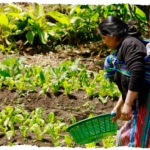
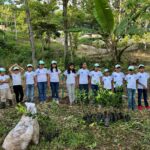 %1$s Comments
%1$s Comments %1$s Comments
%1$s Comments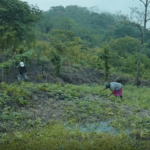 %1$s Comments
%1$s Comments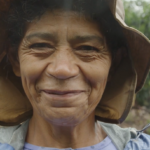 %1$s Comments
%1$s Comments %1$s Comments
%1$s Comments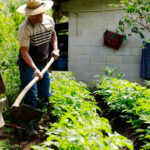 %1$s Comments
%1$s Comments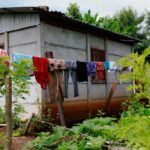 %1$s Comments
%1$s Comments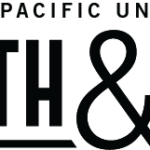 %1$s Comments
%1$s Comments %1$s Comments
%1$s Comments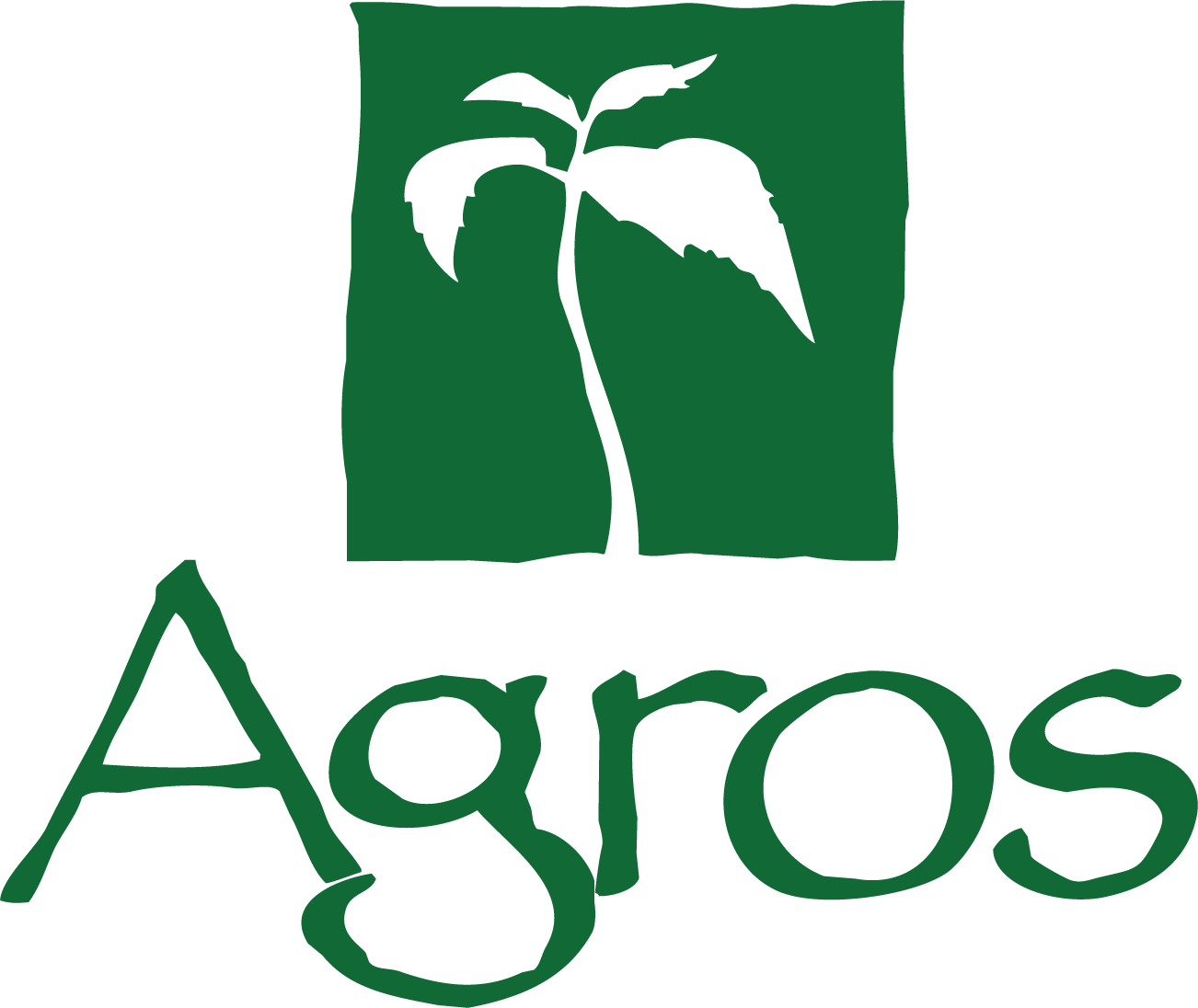
[…] Rick Steves’ Europe Interviews Agros International […]
[…] Rick Steves’ Europe Interviews Agros International […]
[…] Rick Steves’ Europe Interviews Agros International […]
[…] Rick Steves’ Europe Interviews Agros International […]
[…] Rick Steves’ Europe Interviews Agros International […]
[…] Rick Steves’ Europe Interviews Agros International […]
[…] Rick Steves’ Europe Interviews Agros International […]
[…] Rick Steves’ Europe Interviews Agros International […]